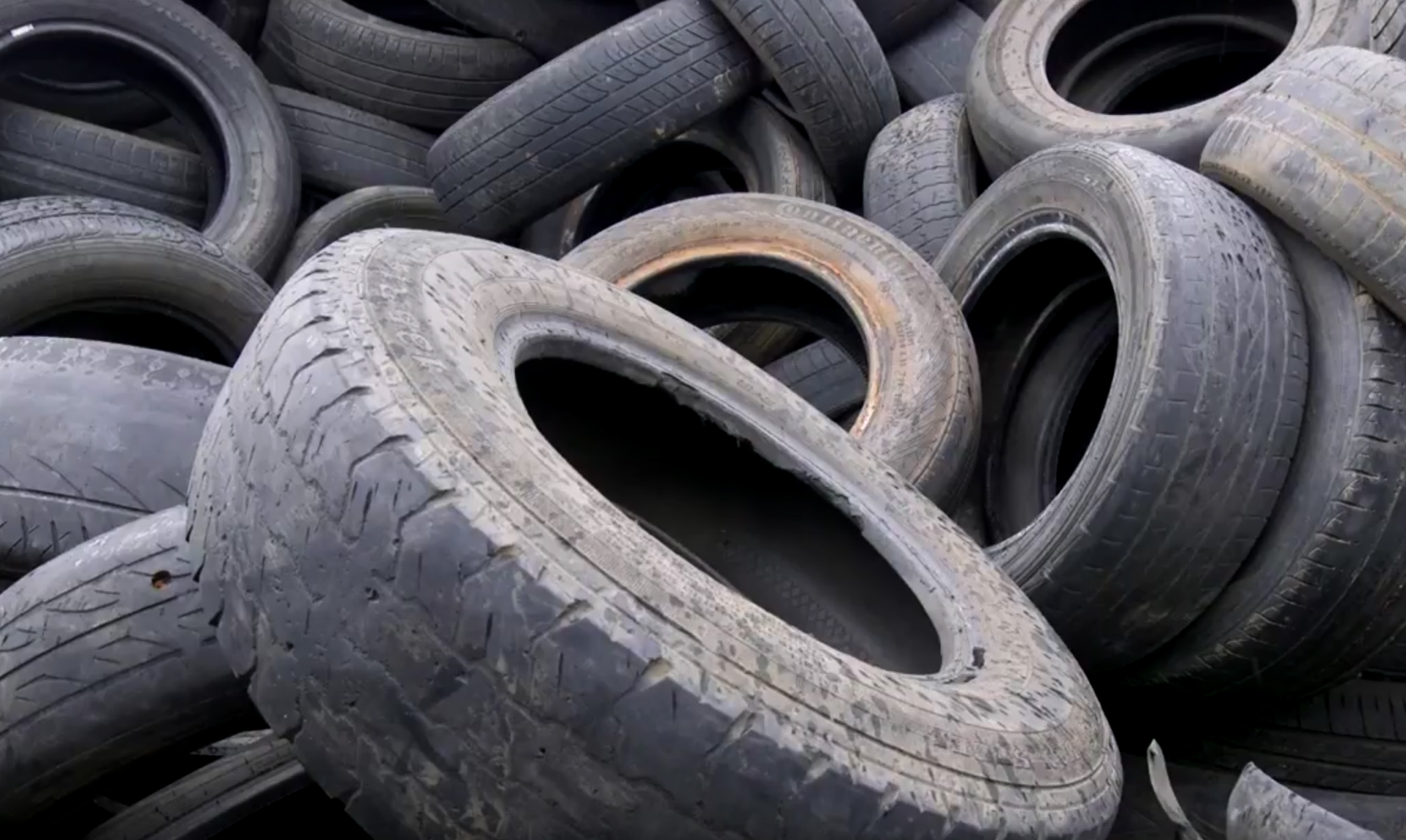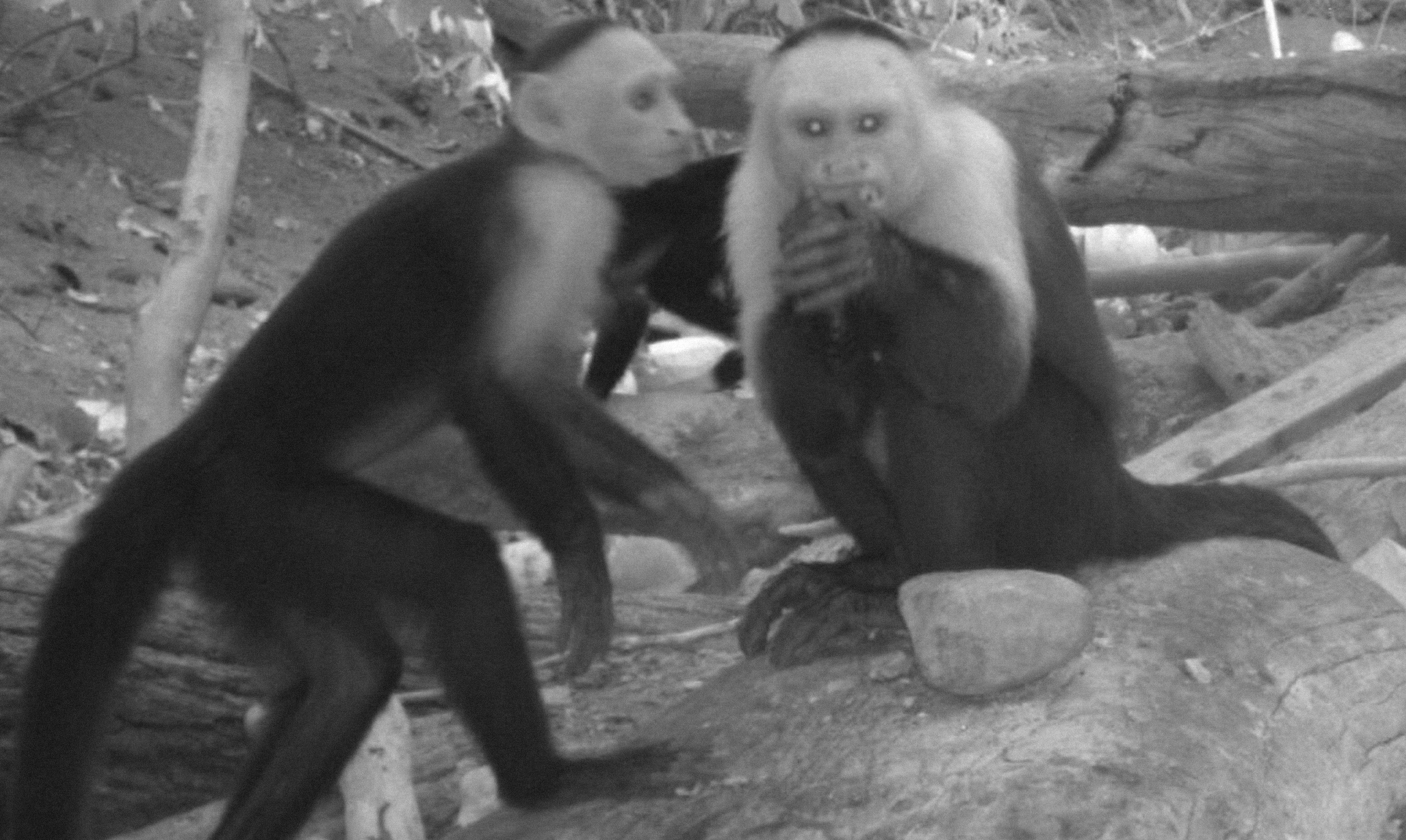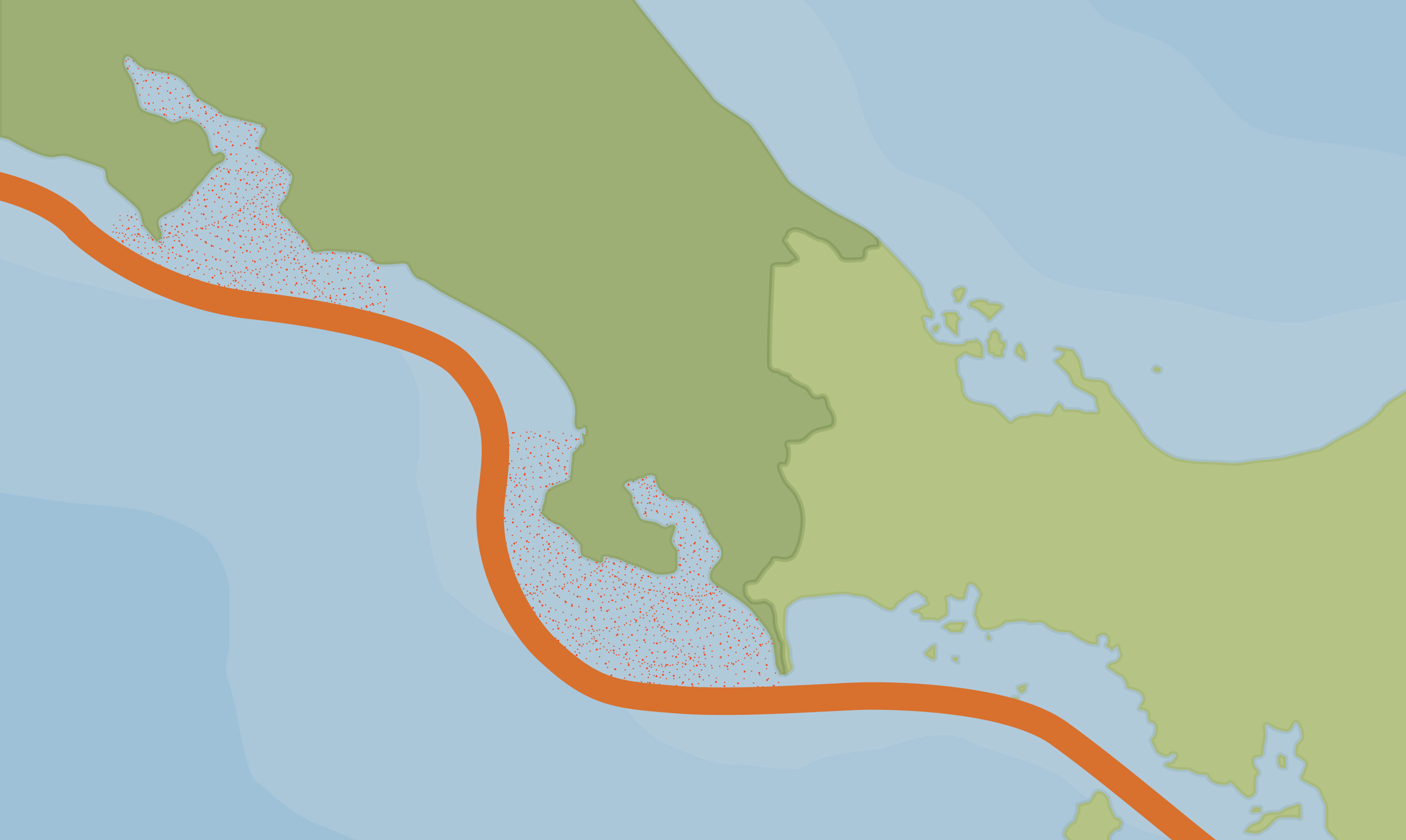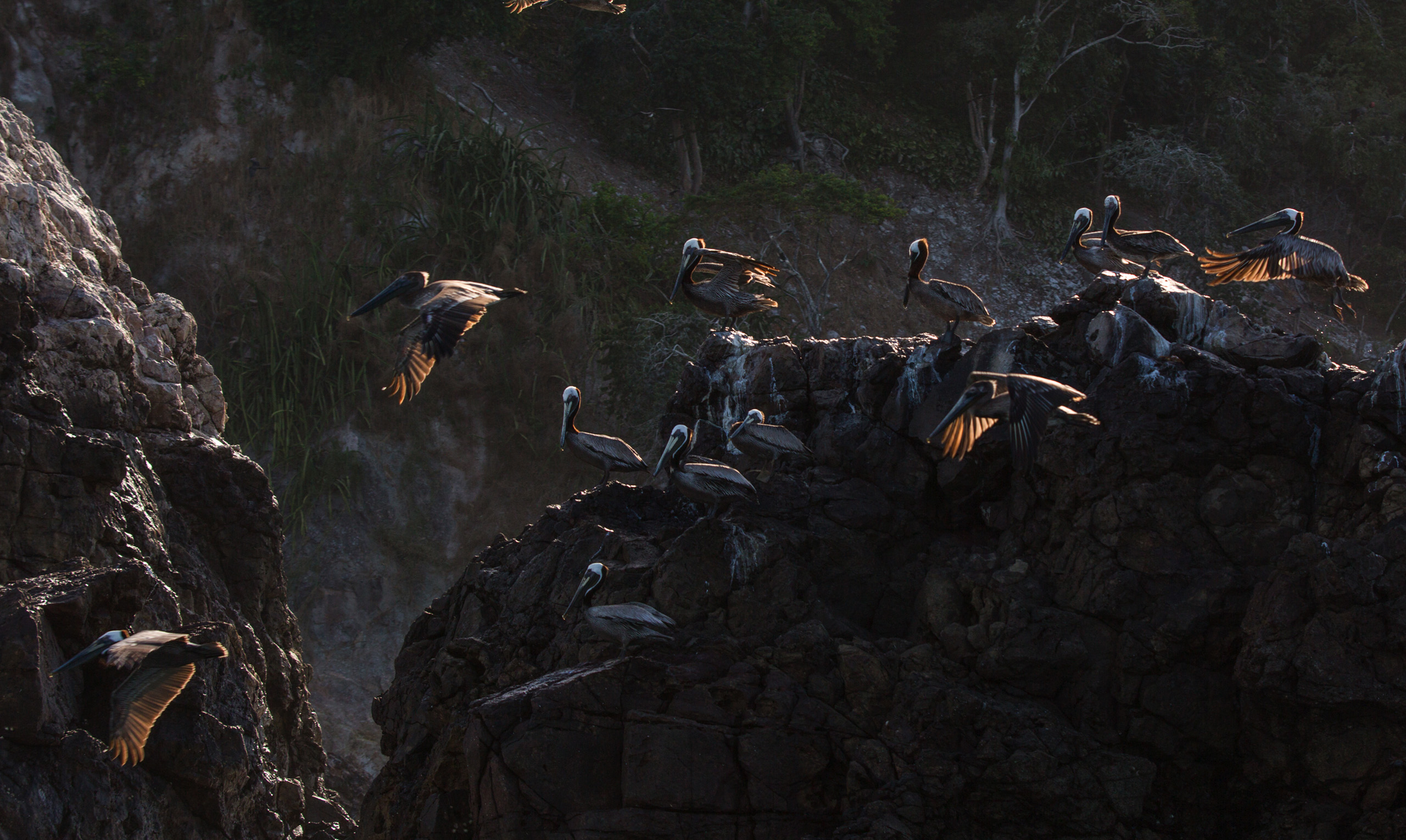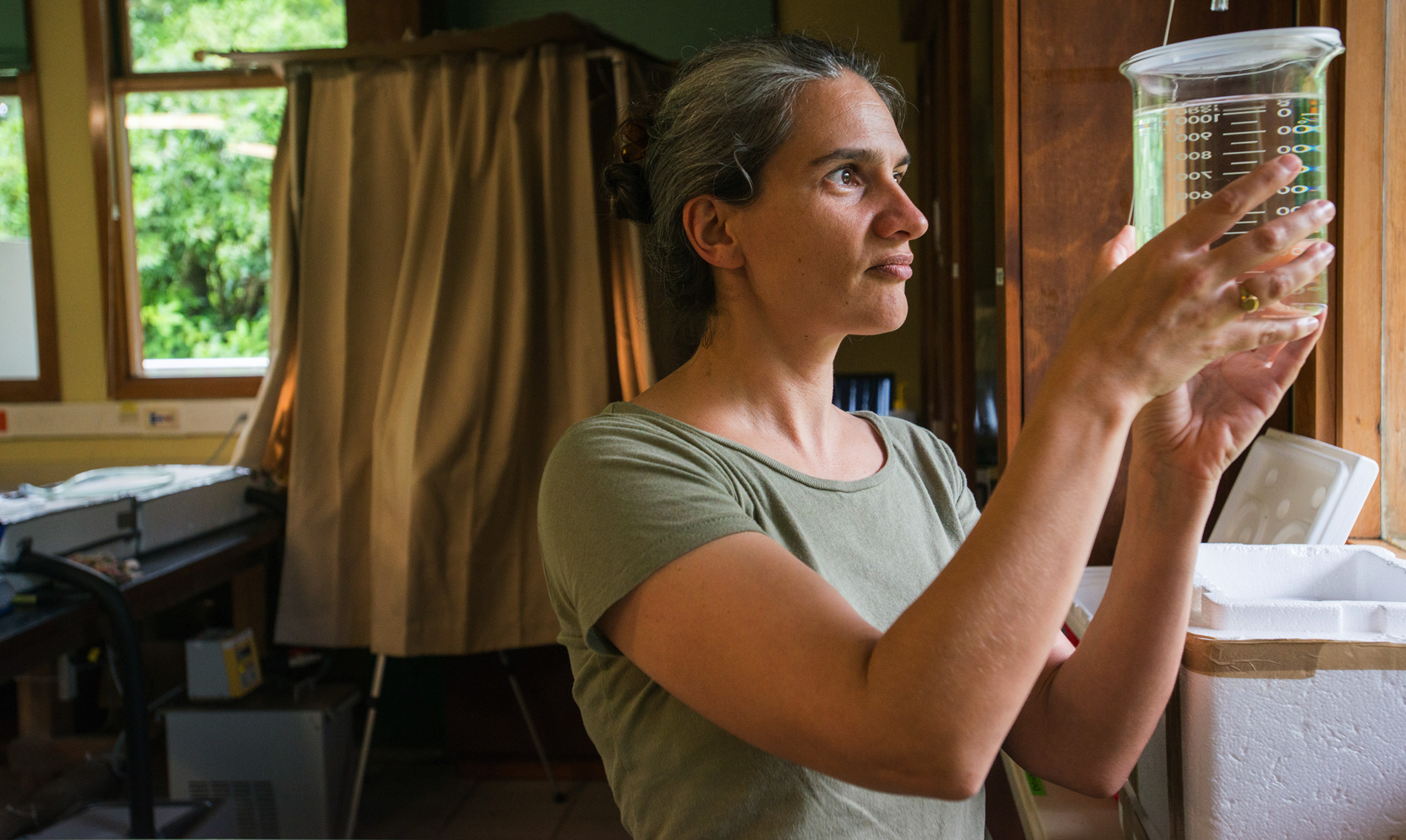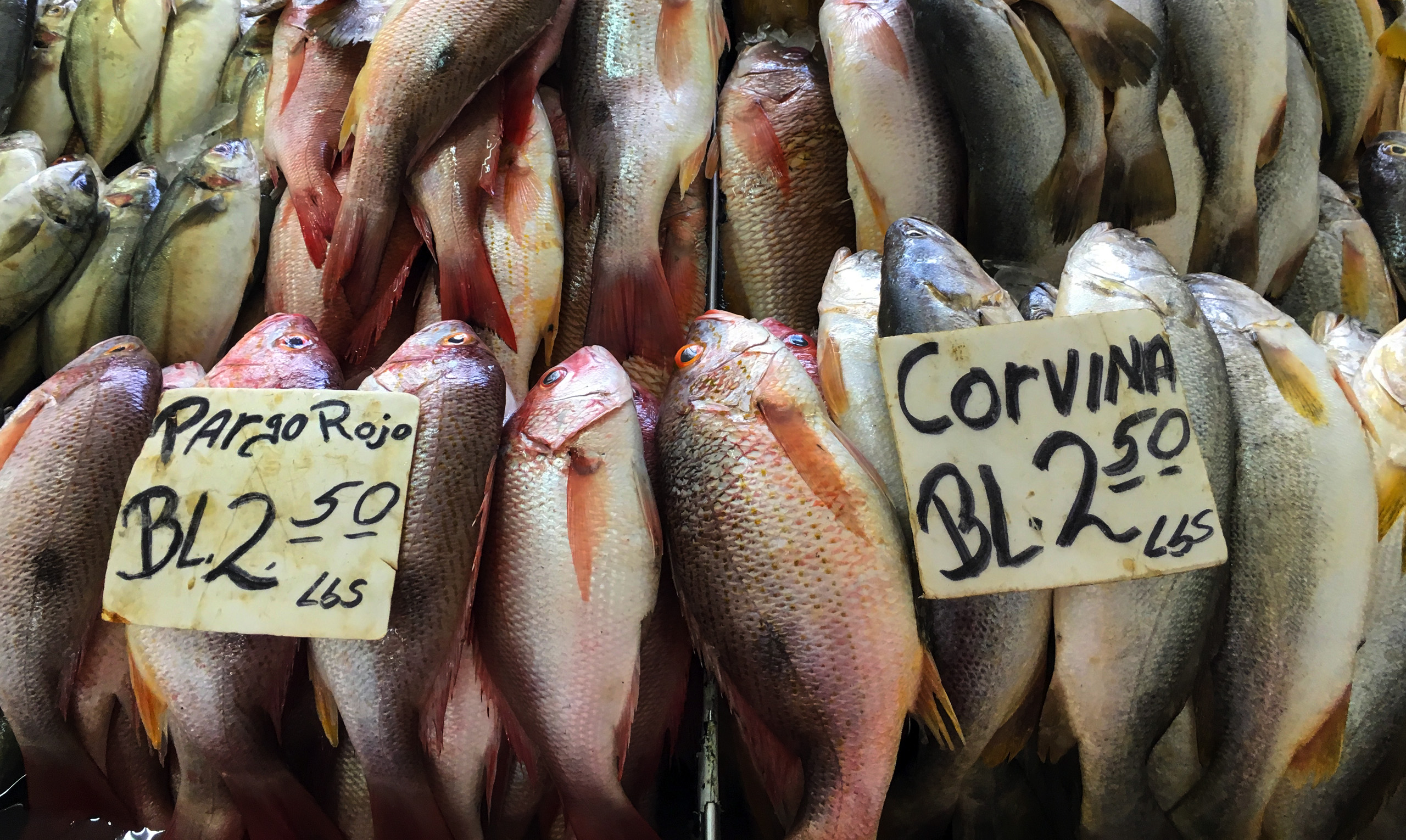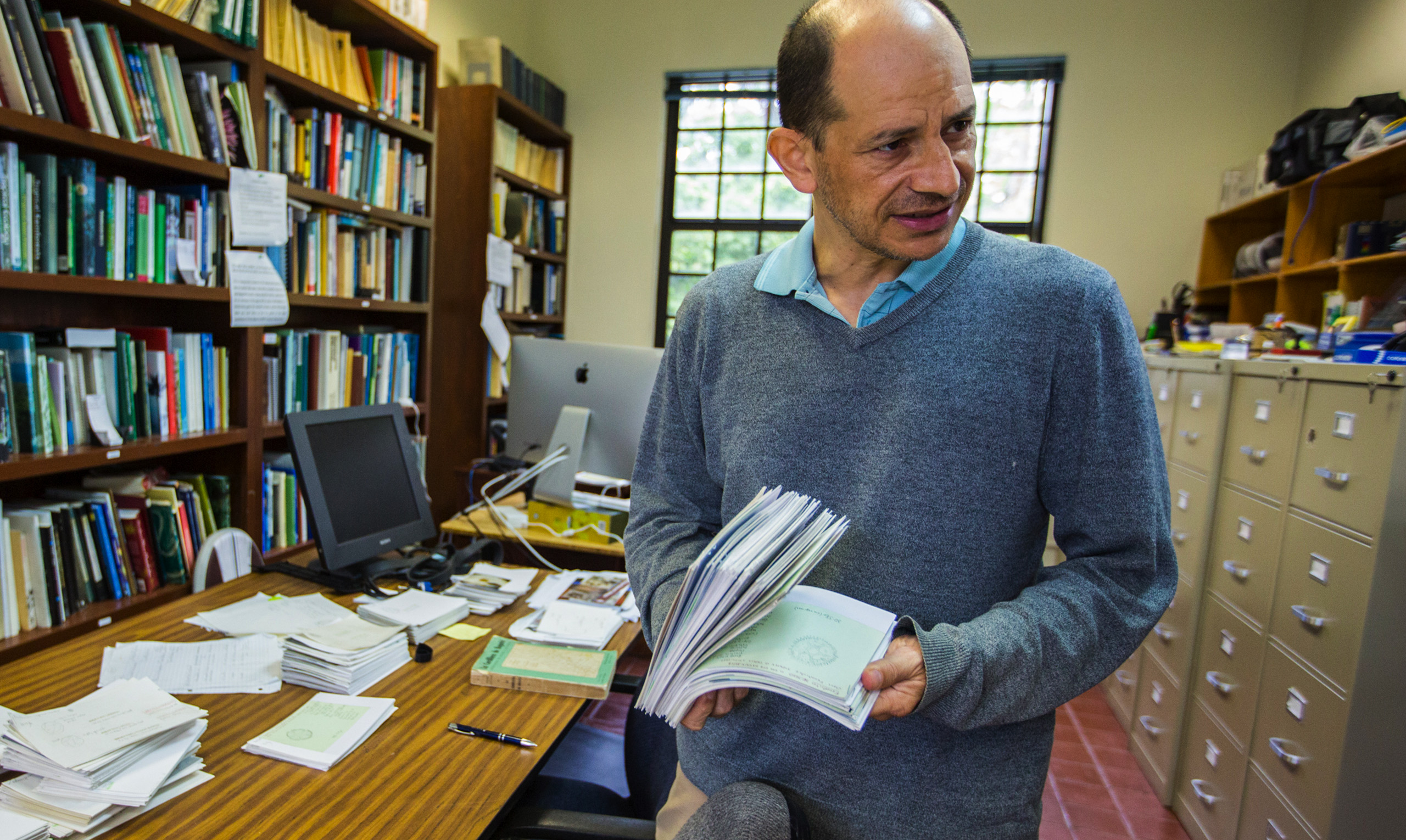Special events October 2018
New Tupper Fellow, #SemanaDeLaCiencia,
Youth Access Grant for the Q?Bus,
book donation to MAC and more
New Tupper Fellow, #SemanaDeLaCiencia, Smithsonian Youth Access Grant for the Q?Bus, STRI book donation to MAC, STRI in Paris, Teachers test Mosquito! Curriculum, New Board Members and a Spooky evening at Punta Culebra.
 black
blackSpecial
events

